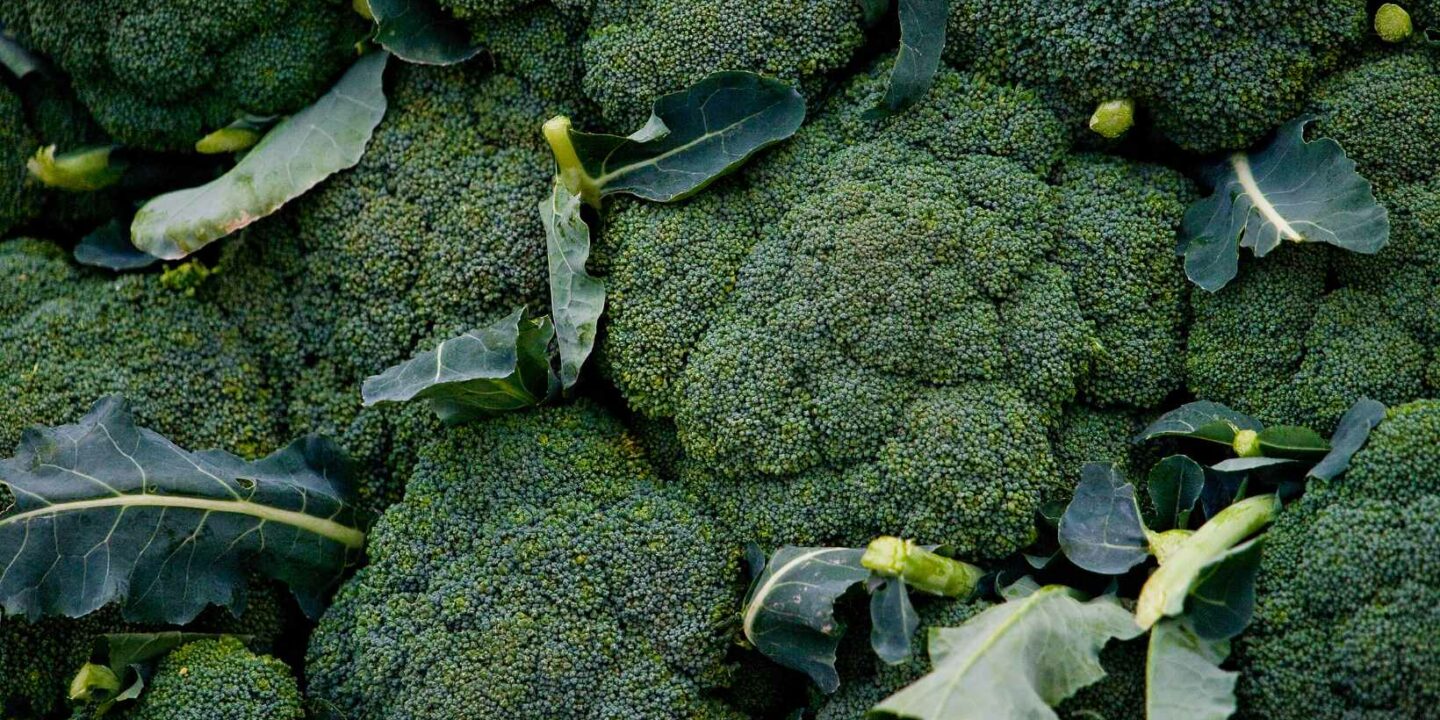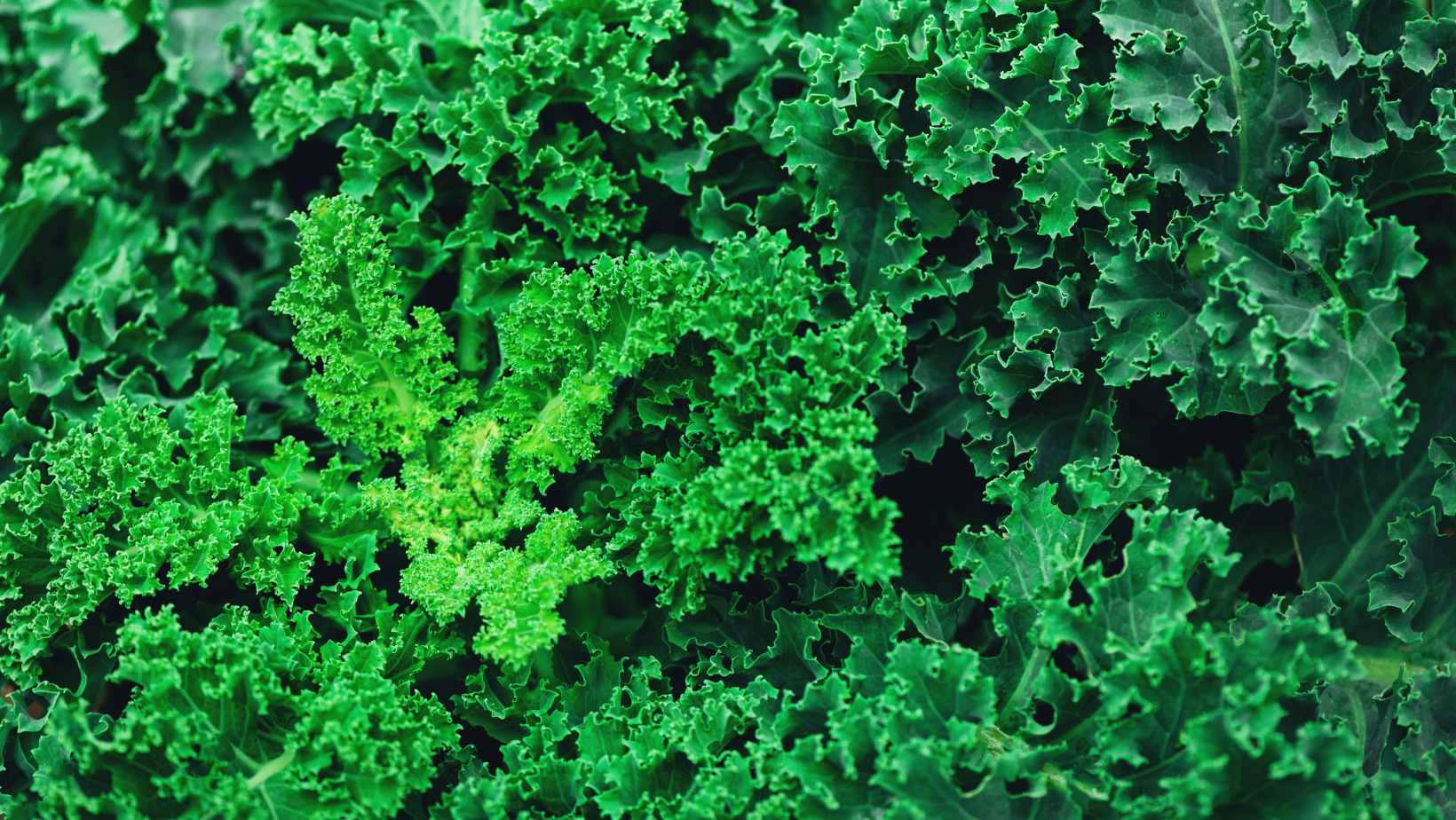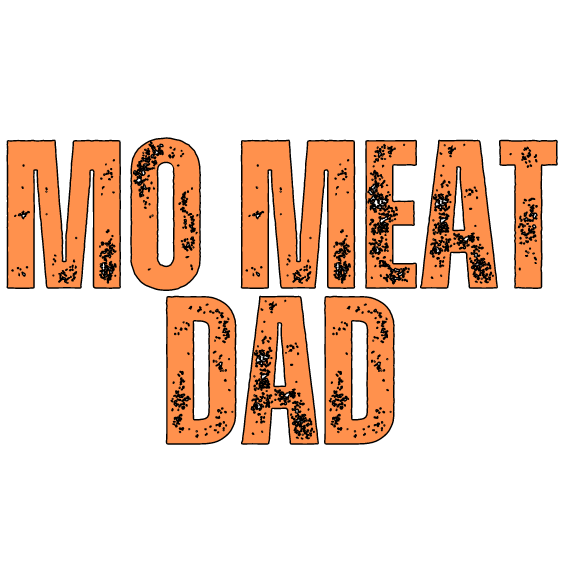
To educate yourself about the risks associated with feeding kale to bearded dragons, turn to the section on risks associated with kale consumption. Find solutions on how to mitigate these risks with sub-sections including toxicity levels of kale for bearded dragons, negative effects of excessive kale consumption, and potential impact on a bearded dragon’s digestive system.
Toxicity levels of kale for bearded dragons
Starting off with kale feeding hazards for bearded dragons, it is imperative to consider the toxicity levels to avoid any possible harms. A comprehensive study was conducted to understand the harmful effects of kale on bearded dragon’s health. According to the research, toxic components called glucosinolates present in kale can cause thyroid problems and metabolic difficulties in these reptiles. On that account, pet owners should keep track of the amount and frequency of kale intake in their pet’s diet.
Here’s an elaborate table highlighting the content levels per 100g serving size:
| Nutrients | Content (mg) |
| Calcium | 150 |
| Iron | 1.5 |
| Vitamin C | 93 |
| Magnesium | 47 |
Besides that, it is essential to acknowledge unique details that serve as contributing factors in deciding on how frequently and what quantity of kale should be added to a beardie’s diet.
Additionally, it’s worth noting that water consumption is critical when kale is included in their meal plan.
As per scientific research published by the American Veterinary Medical Association, 60-80% of water consumed by bearded dragons comes from their food rather than drinking water itself.
Looks like feeding kale to bearded dragons is a risky move, unless you want your scaly friend to become a gas factory.
Negative effects of excessive kale consumption
Excessive intake of kale can lead to detrimental effects on the health of bearded dragons, ultimately affecting their lifespan. The following are some possible negative consequences of overfeeding kale to these reptiles:
- Calcium deficiency due to the high quantity of oxalates present in kale.
- Malnutrition caused by the abundance of goitrogens that hinder thyroid function.
- Gastrointestinal problems like bloating and diarrhea due to the high fiber content.
- Accumulation of uric acid that may lead to gout development.
It is important for bearded dragon owners to note that while kale is a nutritious vegetable when consumed in moderation, a diet primarily consisting of this leafy green can prove hazardous for the lizards’ well-being. Instead, it is recommended to provide a variety of vegetables and fruits while monitoring their intake.
Interestingly, contrary to popular belief, insects should make up at least 50% of bearded dragons’ diet according to a study by Lietz et al. (2008).
Eating kale may give bearded dragons the same digestive troubles as a trip to Taco Bell.
Potential impact on bearded dragon’s digestive system
Consuming kale by bearded dragons can have adverse effects on their gastrointestinal system. The fibrous nature of kale can lead to constipation, impaction and even digestive blockages in some cases.
Kale has high levels of oxalates which form calcium oxalate crystals that can accumulate in the kidneys and cause kidney damage. This is a significant risk for bearded dragons as their kidneys are small and are not designed to handle these high levels of oxalates.
Feeding kale to bearded dragons also puts them at risk of developing metabolic bone disease due to its high phosphorus content. This disease causes the bones to weaken and become brittle, making fractures common.
It’s essential to maintain a varied diet and feed kale sparingly or avoid it altogether. In case there’s no alternative, ensure that kale is processed thoroughly, chopped finely, cooked or steamed before feeding it to your bearded dragon. Adding supplements rich in calcium and vitamin D3 will counteract the harmful effects of high phosphorus levels present in kale. Why give your bearded dragon kale when you could just toss a bag of vitamins down their throat?
The nutritional value of kale for bearded dragons
To ensure your bearded dragon receives a healthy diet, it is crucial to understand the nutritional value of each food. In this section, we will discuss the benefits of feeding kale to your bearded dragon, the appropriate quantities and frequency to serve it, and the vitamin and mineral content of this leafy green. So stay tuned to learn about how feeding kale can be beneficial for your bearded dragon’s diet.
Vitamin and mineral content of kale
Kale is a nutritious leafy green consumed by bearded dragons that offers various vitamins and minerals. The nutritional benefits of kale include high levels of vitamin A, calcium, and iron.
For a deeper insight into the vitamin and mineral content of kale that bearded dragons can enjoy, consider the following table:
| Vitamin A | Calcium | Iron |
| 6900IU | 150mg | 1.5mg |
Apart from these essential nutrients, kale also contains antioxidants, vitamin C and K. Its low sugar content makes it an ideal choice as part of a balanced diet for bearded dragons.
It is essential to keep in mind that while kale provides many benefits, it is not recommended to feed it as the sole food source for bearded dragons due to its goitrogenic properties. Be sure to offer variety in their diets.
Pro Tip: Consider offering a mix of dark greens such as collard greens or mustard greens, alongside kale as part of a varied diet for your beloved reptile friend.
Give your bearded dragon the gift of kale – they’ll thank you with healthier scales.

Benefits of feeding a balanced diet containing kale
Kale – an ideal addition to the diet of bearded dragons due to its high nutritional content.
- Kale is a rich source of vitamins A and C, providing antioxidants that help boost the immune system of bearded dragons.
- The calcium content in kale promotes healthy bone development and growth as well as regulating muscle function, necessary for proper movement.
- Its fiber content aids digestion, maintains gut health, and prevents constipation which can lead to serious health problems.
Additionally, kale has an optimal level of oxalates which when consumed in moderation do not pose any harm. The inclusion of kale in a well-balanced diet helps fend off eventualities like malnutrition or even early death.
To ensure good health for your pet, it is critical to feed them a balanced diet containing raw vegetables like kale and provide them with enough ultraviolet light exposure for proper calcium absorption.
Don’t let your negligence cause harm to your beloved pet! Give them a mix of different vegetables suitable for their dietary requirements including kale today!
Just remember, too much kale for your bearded dragon can lead to a serious case of gas – and trust me, you don’t want to be around for that.
Appropriate quantities and frequency of kale feeding
To provide your bearded dragon with the appropriate kale feeding, it is crucial to consider the right amount and frequency of consumption. Feeding your pet kale excessively or insufficiently may affect its health negatively.
- The size of your bearded dragon should be considered when determining how much kale to feed it.
- For adult bearded dragons, the recommended daily intake of kale should not exceed 10% of its entire diet.
- For baby bearded dragons, ensure that their food is chopped into tiny pieces, which can fit comfortably in their mouths.
- Be efficient with the quality of kale you feed your pet. Avoid rotten or insect-infested vegetables.
- Offer other nutritious vegetables such as collard greens, spinach or mustard greens occasionally as variety.
- Feed your kale alongside calcium supplements to circumvent a metabolic bone disease (MBD).
It is vital to note that sudden changes in diet may make some bearded dragons lose weight and impede their growth. It’s recommended that mealtime schedules are carefully adapted over prolonged periods to allow for easy acceptance.
Incorporating appropriate frequencies and quantities into your pet’s diet ensures optimal nutrition needs are met without exposing them to detrimental health consequences. Make sure water is accessible at all times, and you’re on the right track towards raising a healthy and active dragon!
No kale? No problem. These bearded dragons are ready to explore new leafy greens and vegetables.
Can bearded dragons have kale
To find safe alternatives to kale for your bearded dragon, explore nutritious vegetables that can replace kale. Additionally, there are other sources of calcium besides kale that can benefit your pet’s health. Creating a balanced diet plan with a variety of safe and nutritious options is essential for maintaining optimal health in your bearded dragon.
Safe and nutritious vegetables for bearded dragons
Bearded dragons need safe and nutritious vegetables to stay healthy. Here are some suitable alternatives for kale:
- Collard greens
- Mustard greens
- Endive
- Dandelion greens
These leafy greens contain important nutrients such as calcium, vitamin A, and fiber that bearded dragons require in their diet. To ensure a balanced meal, mix these veggies up with other safe options. Remember to always wash vegetables thoroughly before feeding them.
In addition to the above options, squash and bell peppers make great additions to a bearded dragon’s diet as they provide essential vitamins and minerals. It is crucial to avoid feeding your pet dragon high sugar or high oxalate foods such as spinach or broccoli.
Feeding your bearded dragon a well-balanced diet is key to ensuring its health and longevity. Ensure you provide fresh vegetables daily alongside insect protein and occasional fruits – moderation is key.
Don’t miss out on providing your beloved pet with the right nutrition it needs for a long life!
Who needs kale when you can give your scaly friend a taste of the wild with some calcium-rich mealworms or crickets?
Sources of calcium for bearded dragons other than kale
Calcium-rich foods for bearded dragons other than kale are necessary for their bone, muscle and heart function. These alternative sources can provide a diverse diet that meets their nutritional needs.
- Collard greens: Rich in calcium, collard greens help prevent metabolic bone disease and support skeletal health.
- Turnip greens: Turnip greens are excellent sources of vitamin A, calcium and protein. They also promote good vision and immune function.
- Mustard greens: Packed with micronutrients like calcium, potassium, vitamins K and C, mustard greens help maintain strong bones.
Apart from the above three options, dandelion greens, beetroot leaves or parsley leaves can also provide calcium when fed occasionally in small quantities.
Be mindful not to overfeed any one vegetable as too much of a certain food item can lead to nutrient imbalances. Providing clean water that is changed daily is essential to keep your bearded dragon hydrated.
Eating a balanced diet is like wearing a seatbelt – it may not be the most exciting thing, but it’s necessary for optimal health.
Balanced diet plans for optimal health
A well-planned diet is essential for the optimal health of bearded dragons. It is crucial to provide a varied and balanced diet plan that caters to their dietary needs.
- Offering a combination of vegetables, fruits, insects and protein sources is important in maintaining a balanced diet for bearded dragons.
- Dark leafy greens such as collard greens, mustard greens and dandelion greens are excellent sources of calcium and other nutrients.
- Vegetables like carrots, squash, bell peppers and sweet potatoes provide vitamins and minerals to support the immune system.
- Fruits like papaya and mango are good sources of vitamin A which helps maintain proper vision.
- Insects like crickets, mealworms and dubia roaches offer proteins which help develop strong muscles.
- Feed only commercial feed supplements after consulting with a vet as overfeeding can lead to nutrient imbalances.
It’s important to note that not all vegetables are safe for bearded dragons. For example, spinach should be avoided because it binds calcium in their bodies and may cause health complications.
Pro Tip: Ensure that the food offered is appropriately sized to prevent choking hazards. You know you’re a responsible owner when you’re monitoring a bearded dragon’s health more closely than your own.
Monitoring bearded dragon health and dietary adjustments
To ensure your bearded dragon stays healthy, it’s important to monitor their diet and health regularly. In order to do so, this section focuses on how to monitor bearded dragon health and make dietary adjustments. Regular health checks and vet visits are a solution for keeping track of your dragon’s well-being. Additionally, we will cover signs of kale toxicity and negative effects and how you can adjust your dragon’s diet to meet their individual needs and health concerns.
Regular health checks and veterinarian visits
One of the essential aspects of maintaining your bearded dragon’s health is to schedule periodic wellness examinations with a veterinarian specializing in exotic animals. This process helps identify any potential health concerns that require immediate intervention before they become severe and impact your pet’s quality of life. During these visits, your vet will evaluate your beardie’s physical condition and make suggestions on dietary adjustments, supplementation, and other necessary interventions.
These checkups serve as an opportunity for you to discuss specific needs or concerns that you have about your pet. As a responsible owner, monitoring your bearded dragon’s bodily functions daily is essential in detecting any abnormalities or conditions that may need attention or require veterinary consultation.
Taking care of a bearded dragon requires dedication and focus to healthy nutrition and lifestyle choices. Your veterinarian can provide you with guidance pertinent to the changes in season when excessive heat or cold may affect their optimal health conditions.
Ensuring proper maintenance of your bearded dragon’s health requires regular visits to veterinarians who specialize in reptiles. Neglecting these vital appointments could lead to complications that may otherwise have been prevented by prompt detection and treatment. Take advantage of this preventive measure to safeguard the long-term wellbeing of your cherished pet today!
Eating too much kale can turn your bearded dragon into a leafy green monster, so keep an eye out for these signs of toxicity.
Signs of kale toxicity and negative effects
Kale is a nutritious and low-calorie food for bearded dragons. However, excessive intake of kale can lead to toxicity and adverse effects on their health.
- Signs of kale toxicity and negative effects are digestive distress, diarrhea, constipation, lethargy, loss of appetite, dehydration.
- Bearded dragons may develop kidney stones due to the high oxalate content in kale.
- The excess calcium in kale can lead to an imbalance in calcium-phosphorus ratio causing metabolic bone disease.
- To prevent these issues adjust the diet by supplying kale as part of rotational feeding.
- Always remove uneaten veggies from their enclosure to avoid spoilage or toxic buildup.
- Consult with an exotic veterinarian if there are any concerns with the dragon’s health or dietary needs.
Kale is beneficial only when administered correctly. Moreover, it should not be provided as a staple diet as this may be detrimental to health. Hence care should be taken on the amount and frequency at which bearded dragons should consume kale.
It was noted that some pet owners consistently supplied their dragon’s staple diets resulting in serious health complications such as kidney stones and gout. Even bearded dragons have dietary preferences, but luckily they can’t complain about the kale salad you’re forcing on them.
Adjusting diet based on individual bearded dragon needs and health concerns
When it comes to catering for the individual needs and health concerns of your bearded dragon, adjusting their diet is crucial. The right balance of greens, insects, and supplements can make all the difference in their overall well-being.
| Dietary Need | Food Recommendation |
| High Calcium | Kale, collard greens, mustard greens, dandelion greens, turnip greens. |
| High Protein | Mealworms, silkworms, dubia roaches, black soldier fly larvae (phoenix worms), crickets. |
| Vitamin A Deficiency | Butternut squash, sweet potato, carrots. |
| Gastrointestinal Disorders | Pumpkin puree or canned pumpkin (not pumpkin pie filling). |
| Lack of Appetite/Dehydration | Fruits with high water content such as raspberries and watermelon. Additionally, you can spray mist their enclosure to help keep them hydrated. |
It’s essential to monitor your bearded dragon’s weight and observe dietary changes while adjusting their diet appropriately. If you notice symptoms such as constipation or diarrhea persisting for an extended period, it’s best to consult a veterinarian specializing in herptiles.
Pro Tip: To make sure your reptile is maintaining a healthy diet that benefits them individually according to factors like age and activity level- It’s best to schedule periodic wellness exams with a veterinary expert familiar with bearded dragons.
Kale might be a great superfood for humans, but for bearded dragons, it’s just another leafy green that can cause health risks.
